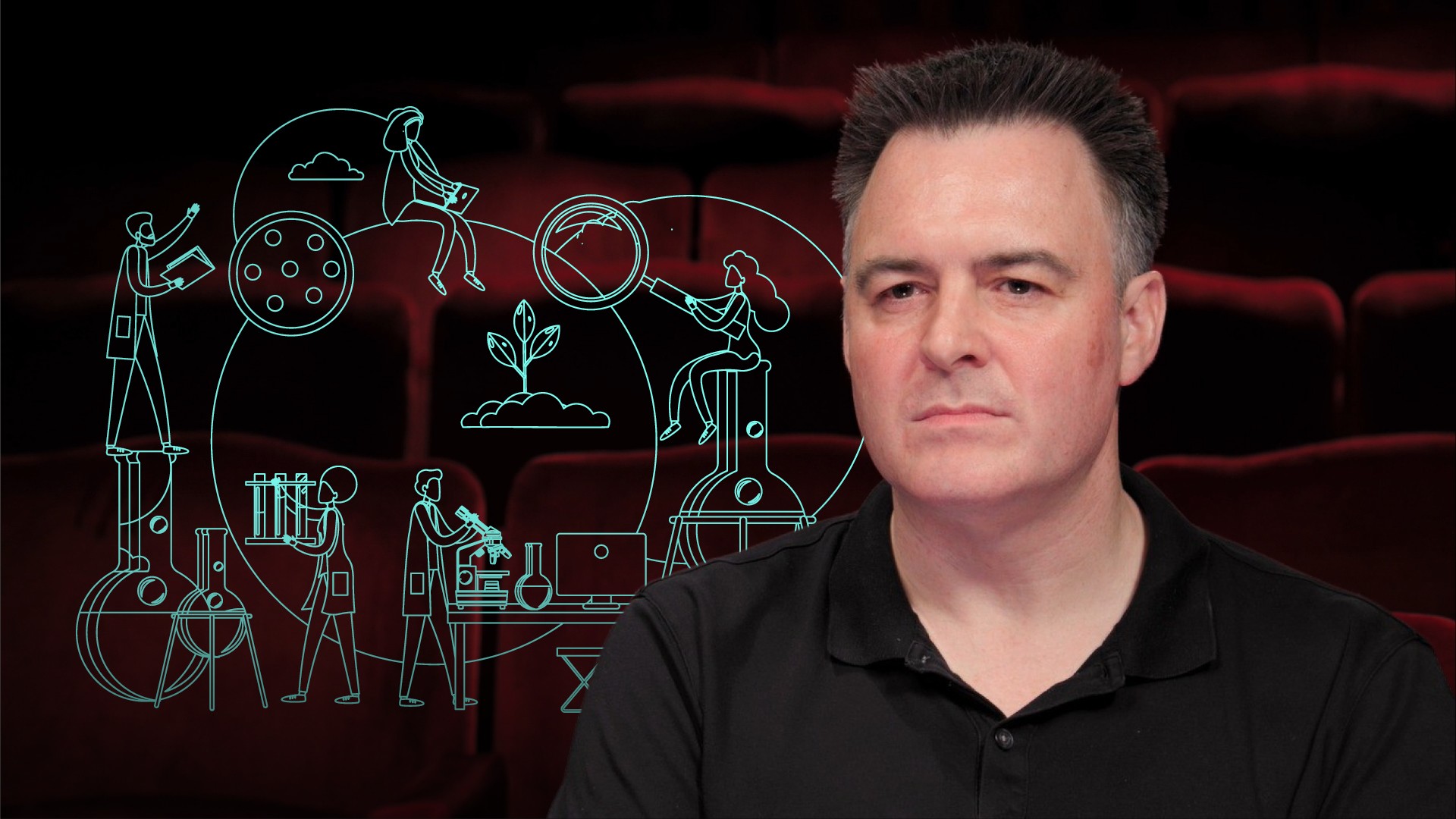
Why Do Tribes Make Diversity Difficult?

Christian Hunt
25 years: Behavioural science & compliance
In the first video of this series, Christian explored the idea that we have tribal loyalties and how, from an evolutionary perspective, this might not always serve us well.
In the first video of this series, Christian explored the idea that we have tribal loyalties and how, from an evolutionary perspective, this might not always serve us well.

Why Do Tribes Make Diversity Difficult?
13 mins 22 secs
Key learning objectives:
What are our modern day tribes and how to they help us makes sense of the world?
Why do our brains compare and assess the people we meet?
What can we learn from our misconceptions on evolution?
Overview:
With diversity in the forefront of everyone's mind, we need to start engaging and understanding what this word actually means. Especially if we want to start making a positive difference. In part one of this series, Christian explores why we're drawn to tribes, how our brains compare and assess people and what we get wrong about evolution.
What are our modern day tribes and how to they help us makes sense of the world?
We're naturally drawn to people we see as similar to us. This is why we join groups such as hobby groups, sports teams, fan clubs and social media groups. In the 21st century, these are our modern day tribes. We deliberately choose to associate ourselves with people with similar interests and outlooks. This feeds into how we behave - the clothes we choose to wear and the rules we uphold.
Why do our brains compare and assess the people we meet?
According to Professor Nick Chater, our minds are like comparison devices. We compare things we come across with things we already know. Further to that, we assess people by reference to the people we already know. This helps us make sense of the world and our place in it.
What can we learn from our misconceptions on evolution?
Images, such as Rudolph Zallinger's "The March of Progress", fuel misconceptions on how progress is achieved. We assume that as time goes on, we automatically progress and things get better. In actual fact, things can often go sideways or backwards. Humans are descended from, and are part of, one big experiment. We must forget our tribal instincts and channel this experimental nature to serve our species in light of our 21st century problems. Diversity helped us evolve and will help us solve our issues.

Christian Hunt
There are no available Videos from "Christian Hunt"

